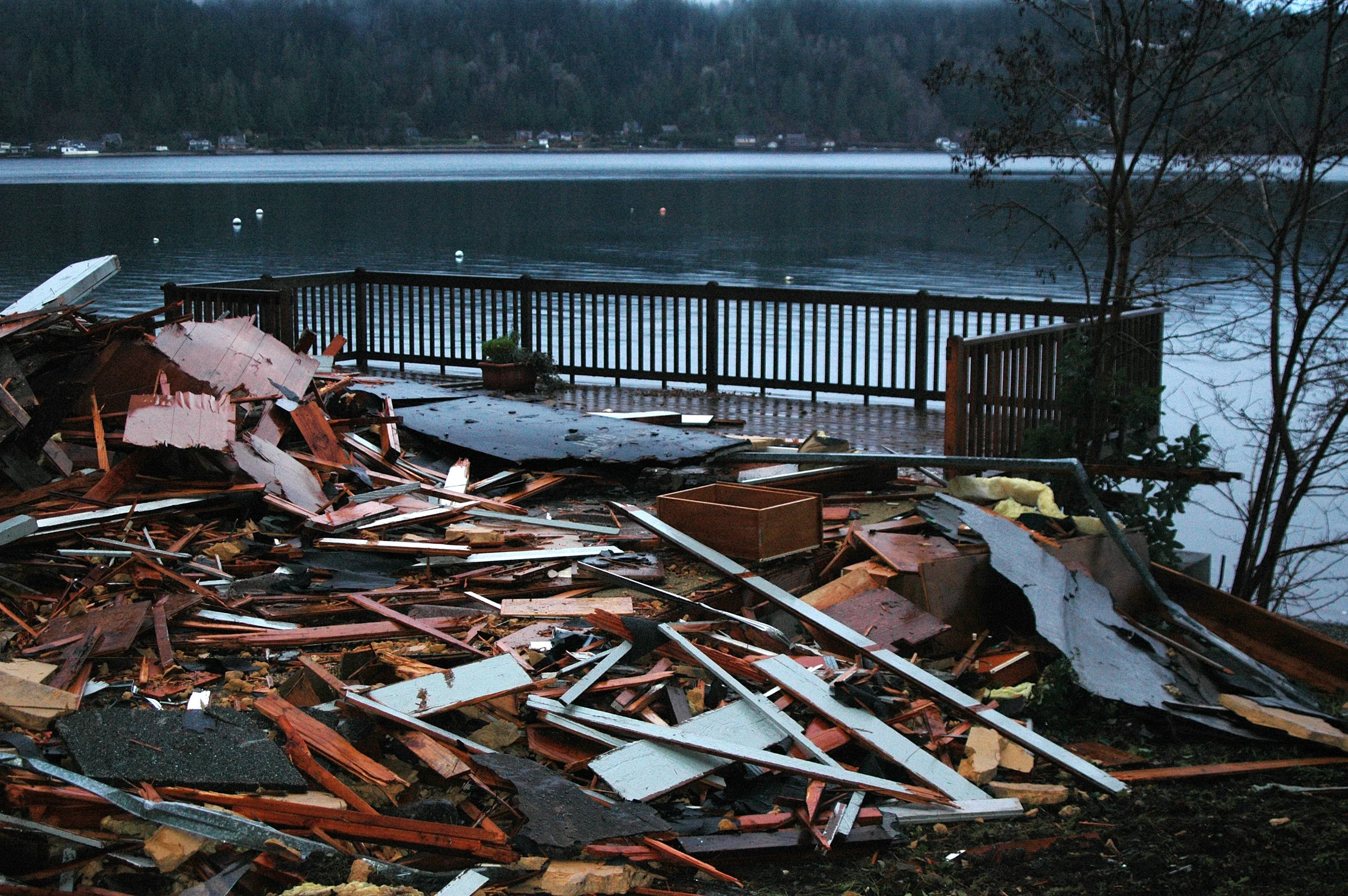Insurance in Real Estate
Insurance in Land Development
I’ll say this up front, I like what insurance is supposed to be, but I don’t like what it is. At the same time, it is a necessary component of any land development project as far as I am concerned. I am not an insurance broker or agent, so I’ll post this from the viewpoint of the insured, not the insurer, or a broker.
But first, a complaint:
My opinion on the insurance industry is firm. Their corporate objectives are to write as many policies as possible, collect premiums on time and do everything possible not to pay a claim. Of course, there is insured coverage (endorsements) as set forth in the policy, so they must and will pay if a claim falls fully under the coverage legally identified. At the same time every effort will be made to find an exception to a claim so that it can be characterized as an exclusion, and therefore not covered or payable.
Finally, if a claim is made and paid, there is a distinct possibility that the policy will be cancelled at renewal. Oh wait! There’s one more: If your policy gets cancelled by the previous insurer, the new one will be asking if you have ever filed a claim before, or been cancelled. Good luck on that one.
Wake up:
Influencing government is a big business and it’s called lobbying. The insurance industry is very good at it. Industry groups and trade associations hire lobbyists and attorneys to slither around DC and make as many friends as possible and make every legal (legal?) effort to push their viewpoints into laws that favor them. A lot of former politicians lobby full or part time. They already have the friends from before, now they have money backing them and a profitable cause to fight for.
The wake-up part is that if you think this is a government “of the people, by the people and for the people” anymore you are living in “The World of Before”… whenever that was. The big guys rule and the sooner we get off the idea that they give a damn about us peons, the more honest we will all be about our reality. At the same time, we are not victims and we’ll get to that.
Policy Smoke & Mirrors:
I am really good at contracts. No brag, just fact. Still, I have never seen an insurance policy that reads clearly since they are extremely difficult to understand. You have a base policy that holds the recitals and endorsements. Endorsements (your insured coverage) are usually only a couple of pages long. Next, you have the exclusions, that which is not covered. That is usually much longer.
Then you have the addenda that change the coverage previously listed based on things like state laws. Then you have definitions, my favorite. The definitions of what is covered in the endorsements tend to be very short. The definitions of exclusions tend to be very long, with layer upon layer of “no pay” protection added for good measure.
All that I can say is this: It’s a fool that says: “I am insured” for whatever and leaves it at that. You have to fully understand where your coverage starts and ends, then look at coverage for the gaps, either as riders to the existing policy or a separate policy.
How can they get away with it?
Hint: read paragraph on lobbying, above….
Fine print:
You would think that I have been sued a lot in the past or had a bunch of denied and unpaid insurance claims. Not so. I have just seen the beating others have taken and how very much the insurance company claims departments just plain find every way possible to not pay. The policy language is crafted that way…if there was ever a time to read the fine print…
I also blame us as “The Insureds”; we don’t read and understand what we are buying a lot of the time or we buy what they offer, not searching for the coverage we really need. Then the crap hits the fan and we are not adequately covered, or covered at all.
Nonetheless, I have insured every project I have ever done with certain insurance products such as:
Liability Insurance: always as comprehensive as possible.
Errors & Omissions Insurance: for principals acting on behalf of the company.
Life Insurance: for major shareholders (see post on “Co-Ownership in Real Estate”.
https://www.landdevelopmentrealities.com/home/2019/6/2/co-ownership-in-land-development
Plus whatever else is necessary for the business, by project.
A couple of other things:
If it’s real property you will be asked to provide a full and current legal description for the application. For heavens sake, make sure the legal description is correct, otherwise the policy is covering either the wrong land, part of the land, or who knows what? If you have a claim it’ll be checked for 100% accuracy.
Suggested reading: Real Estate Legal Descriptions. https://www.landdevelopmentrealities.com/home/2019/6/13/real-estate-legal-descriptions
If additional acquisitions are made, such as an adjacent parcel, update the policy to add it. You might think this is dumb to say since it’s so obvious, but you would be surprised. People tend to think about insurance exactly three times in a project. When they buy it, if they have a claim, and when they cancel it when the project is completed.
Subrogation
Many policies have a subrogation clause. Your job is to inform the insurance company immediately for any problem that the policy might cover and to do it according to the terms and conditions defined in the policy. Then, through subrogation, you allow the insurance company to take over fully to defend the claim. Don’t be the guy that digs himself in deeper, without informing the insurance company right away and then finds out he is in violation of his obligation of notice under the policy.
Review:
Insurance is a necessary part of almost any business. The purchaser must be clearly informed of what he is buying, the coverage provided via endorsements, the exclusions for what is not covered and to be responsible to make sure that all the needed coverage is fully in place.
Then, conduct actions so that there are no violations of the policy terms and conditions. The insurance company needs to be informed when an event has occurred or is developing according to the requirements in the policy. If the insured (you) is diligent, actively informed and tracking his obligations, claims have a much greater chance of going seamlessly.
Be mindful about accuracy and truthfulness in the application form and related documents. Misstatements, failure to disclose, oversights and outright lies can lead to claim denials and even prosecution for insurance fraud. Good luck!





